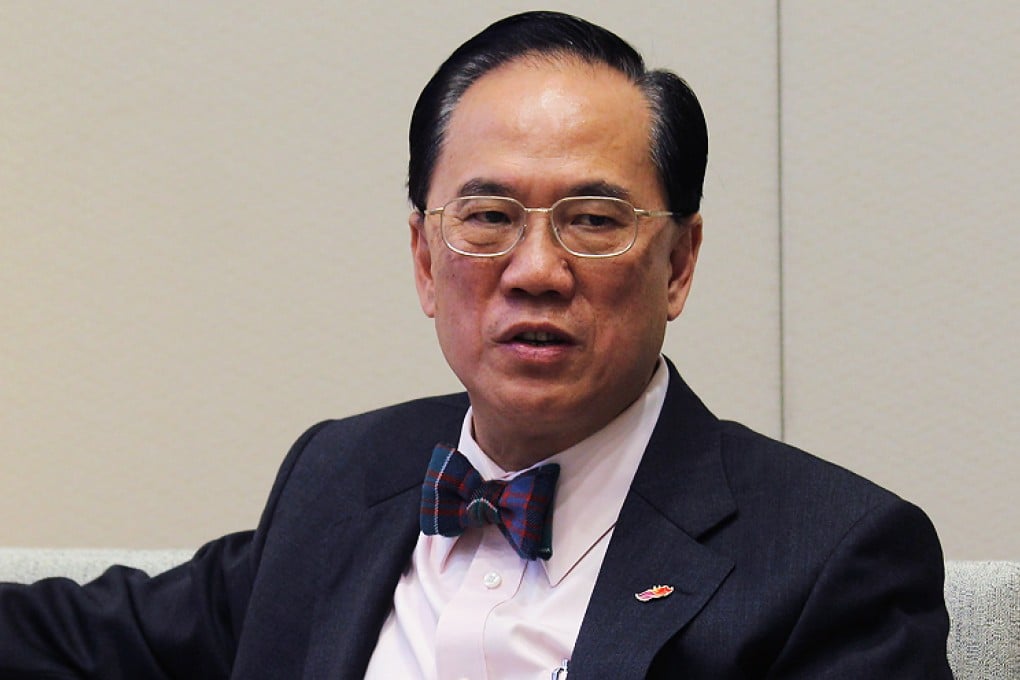For Donald Tsang, a pledge of 'clean and efficient' service gave way to questionable decisions
Donald Tsang handled the Asian financial crisis with aplomb, was cheered on stepping up as chief executive - then his star began to fade

When Donald Tsang Yam-kuen threw his hat into the ring for Hong Kong's top job a decade ago, he vowed to run a "clean and efficient civil service".
Yesterday, Tsang - who turns 71 tomorrow - appeared at Eastern Court to face two charges of misconduct in public office. He had allegedly not disclosed a deal over a flat with businessman Bill Wong Chor-bau, whose company Digital Broadcasting Corporation was applying for a radio licence.
He also allegedly failed to declare his engagement of interior designer Barrie Ho Chow-lai to work on the Shenzhen penthouse he intended to move into when he recommended Ho to the Honours and Non-official Justices of the Peace Selection Committee.
Tsang could not have painted a more different picture yesterday to that of 1995, when he first shot to prominence. Then, Hong Kong's last governor Chris Patten had just promoted him to financial secretary, the first Chinese to hold the third-ranking position in government. He continued in the role after the handover and was soon confronted with the Asian financial crisis, which he handled with success.
Six years later, he rose to be chief secretary, after his predecessor Anson Chan Fang On-sang quit the team of chief executive Tung Chee-hwa.
Little was achieved during Tsang's time as the city's second-ranking official. When severe acute respiratory syndrome broke out in 2003, he was made leader of a citywide clean-up campaign and became captain of Team Clean, for which he was ribbed rather than recognised.